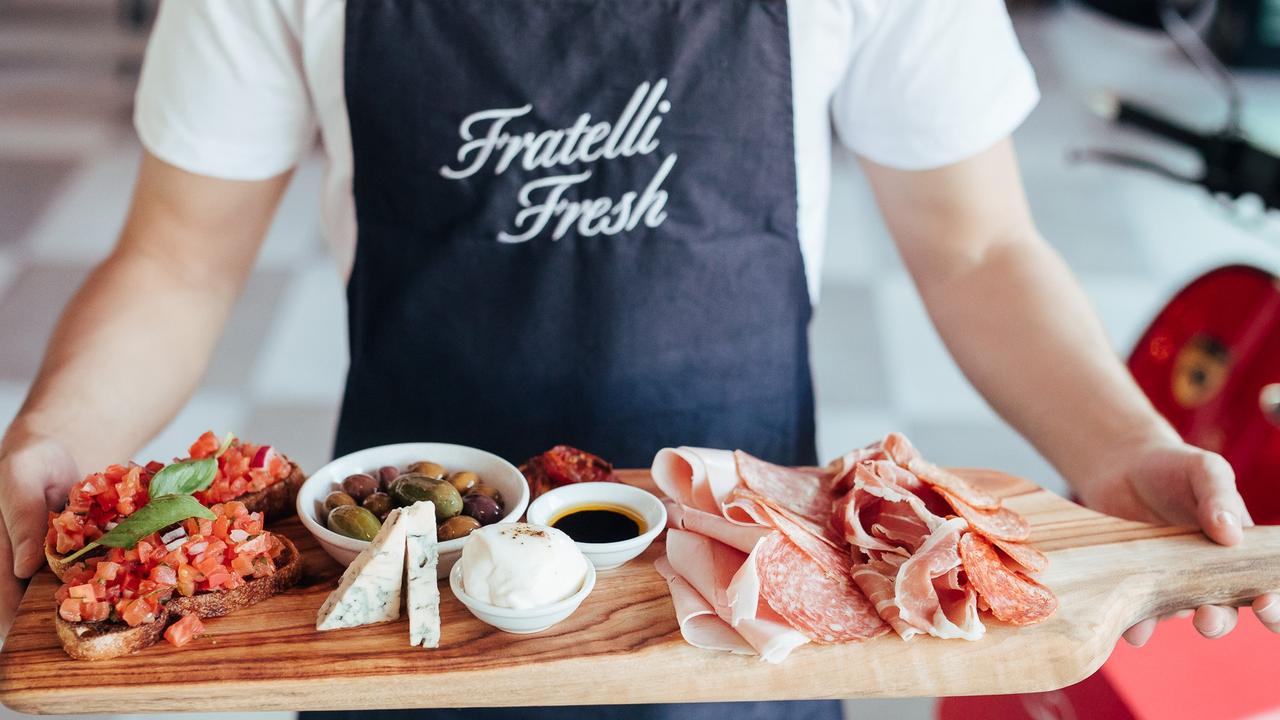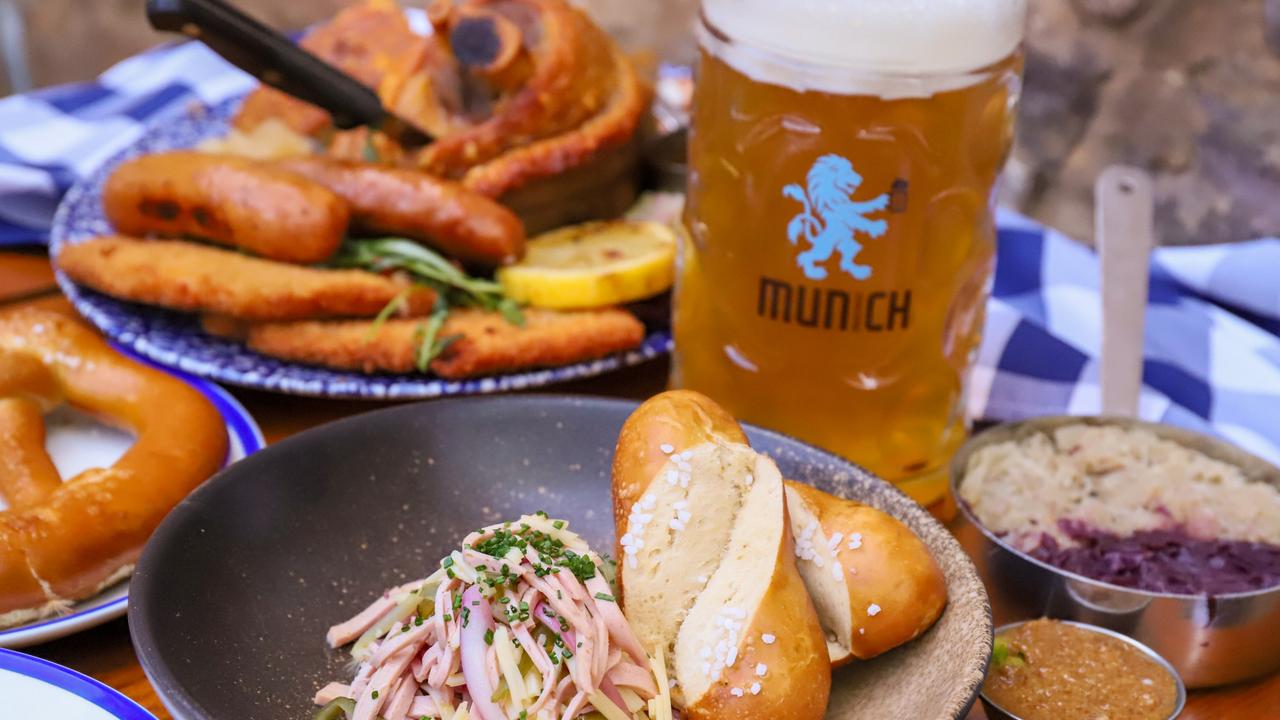‘Exposed’: Hugely popular Aussie restaurant chains face closure amid brutal cost-cutting review
Some of Australia’s best-loved eateries could soon be on the chopping block as part of major cost-cutting measures.
Rumours are swirling that some of Australia’s best-loved restaurant chains could be on the chopping block as part of major cost-cutting measures.
It is understood that Quadrant Private Equity’s Pacific Hunter hospitality group is currently investigating loss-making leases at Pacific Concepts, as first reported by the Australian Financial Review.
Pacific Concepts is the arm of the firm behind hit eateries including Mexican-themed El Camino Cantina, Fratelli Fresh and bier hall favourite Munich Brauhaus, as well as The Bavarian, Bar Patron and The Argyle.
There are 12 El Camino Cantina restaurants spread across the country, and five Fratelli Fresh branches.

It is not yet known how many eateries could close as a result of the portfolio review, although it is clear that the company is forging ahead with plans to shut sites that are loss-making.
It is hoped that affected landlord partners will work with the firm to transition out of leases and locations that are no longer viable.
Pacific Hunter Group, previously known as Rockpool Dining Group, also runs up-market restaurants Rockpool Bar & Grill, Spice Temple and Sake, and has been hit hard by the Covid pandemic, losing more than $75 million for the year to June 30.
It lost more than $87 million in the last financial year, and almost $80 million in 2020.
In the company’s most recent financial report lodged with the Australian Securities and Investments Commission (ASIC), auditor KPMG revealed that: “The conditions disclosed … indicate that a material uncertainty exists that may cast significant doubt on the company’s ability to continue as a going concern and, therefore, whether it will realise its assets and discharge its liabilities in the normal course of business, and at the amounts stated in the financial report”.

News.com.au contacted Pacific Concepts for comment.
‘Just a matter of time’
It comes just days after CreditorWatch industry data from the latest Business Risk Index revealed the hospitality industry was most at risk of default as cost of living pressures begin to bite.
Actual insolvency data recorded this month revealed the food and beverage sector was still at the highest risk of industry insolvency, with 0.97 per cent of businesses going into insolvency on a rolling annual basis in March 2023, followed by the construction industry.
According to an analysis from CreditorWatch chief economist Anneke Thompson, a major reason for this is Australia’s cost of living crisis, which has well and truly put the squeeze on household budgets – especially when it comes to discretionary spending.
“While the food and beverage sector has always been at higher risk of insolvency according to CreditorWatch data, the construction sector ranking second does highlight that the wash on impacts of insolvency are quite large,” Ms Thompson noted.
“The huge amount of government stimulus showered upon the wider economy … allowed many businesses that were not viable to stagger through. These businesses were nicknamed ‘zombie businesses’ during Covid-19, and much higher supply costs, interest rates, labour costs and reducing demand and government incentives are now exposing these companies.

“Overall, we expect that the pressure on discretionary spending in Australian households is approaching its peak, as a large proportion of fixed rate home loans move to variable rate loans over the next few months.
“While some larger non-discretionary related businesses will remain relatively immune to this spending risk, the food and beverage sector is particularly exposed, and it is just a matter of time before Australians begin to spend less (per capita) at restaurants and cafes than they did in 2022.”
Australia has been rocked by a string of high-profile restaurant closures recently, highlighting the grim trend.
Last month, popular South Australian eatery Seed Clare Valley informed customers it had gone under and would be ceasing trade “effective immediately”.
It was a similar story up north on Queensland’s Gold Coast where La Diosa Mexicana, located inside the busy Circle on Cavill Shopping Centre, had no choice but to abruptly close its doors.
Another recent victim was Caruso’s Italian Restaurant in Gymea in Sydney’s Sutherland Shire, which was crippled beyond recovery by operating costs, closing its doors earlier this year.
On the city’s Northern Beaches, Manly’s Jellyfish Cafe has also suffered the same fate, shutting down last month after almost two decades of operation.
Further highlighting the bleak conditions is a recent Finder survey, which found 51 per cent of Aussies attempting to cut back on spending were reducing their dining and drinking out habits, while 36 per cent were limiting how often they go to events such as to the movies, sporting games and concerts.






